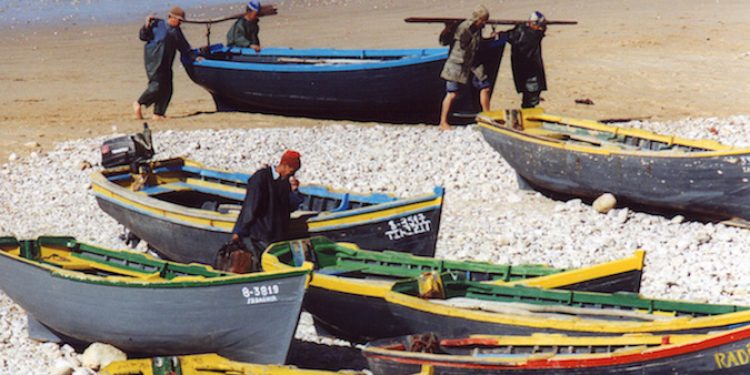The Court of Justice of the European Union has ruled that ‘the Fisheries Agreement concluded between the EU and Morocco is valid in so far as it is not applicable to Western Sahara and to its adjacent waters.’ The ruling therefore excludes Western Sahara’s waters from the EU-Morocco deal on fisheries and aquaculture.
According to a statement by the CJEU, including the territory of Western Sahara would ‘be contrary to certain rules of general international law that are applicable in relations between the EU and Kingdom of Morocco.’
The former Spanish colony of Western Sahara has been disputed territory for decades since it was annexed by Morocco.
The ruling could have far-reaching implications for the activities of the operators of EU fishing vessels in the region.
Morocco and the Polisario Front have been in conflict over Western Sahara since 1974 when Spain relinquished its control over the region. A complex situation became an armed conflict, resulting in a 1991 cease fire. While Morocco considers Western Sahara to be part of the Kingdom of Morocco, the Polisario front seeks a referendum. While the two sides have not been able to clarify terms under which such a referendum should be held, the cease fire has remained in place and a UN peacekeeping force maintains a presence.
The current EU-Morocco fisheries agreement came into force in February 2007 and has been renewed twice.
According to CJEU, the agreement remains ‘valid in so far as it is not applicable to Western Sahara and to its adjacent waters.’
‘The Court concludes that the ‘Moroccan fishing zone’ under the Protocol does not include the waters adjacent to the territory of Western Sahara. The Court therefore holds that, since neither the Fisheries Agreement nor the Protocol thereto are applicable to the waters adjacent to the territory of Western Sahara, the EU acts relating to their conclusion and implementation are valid,’ the CJEU statement concludes.









